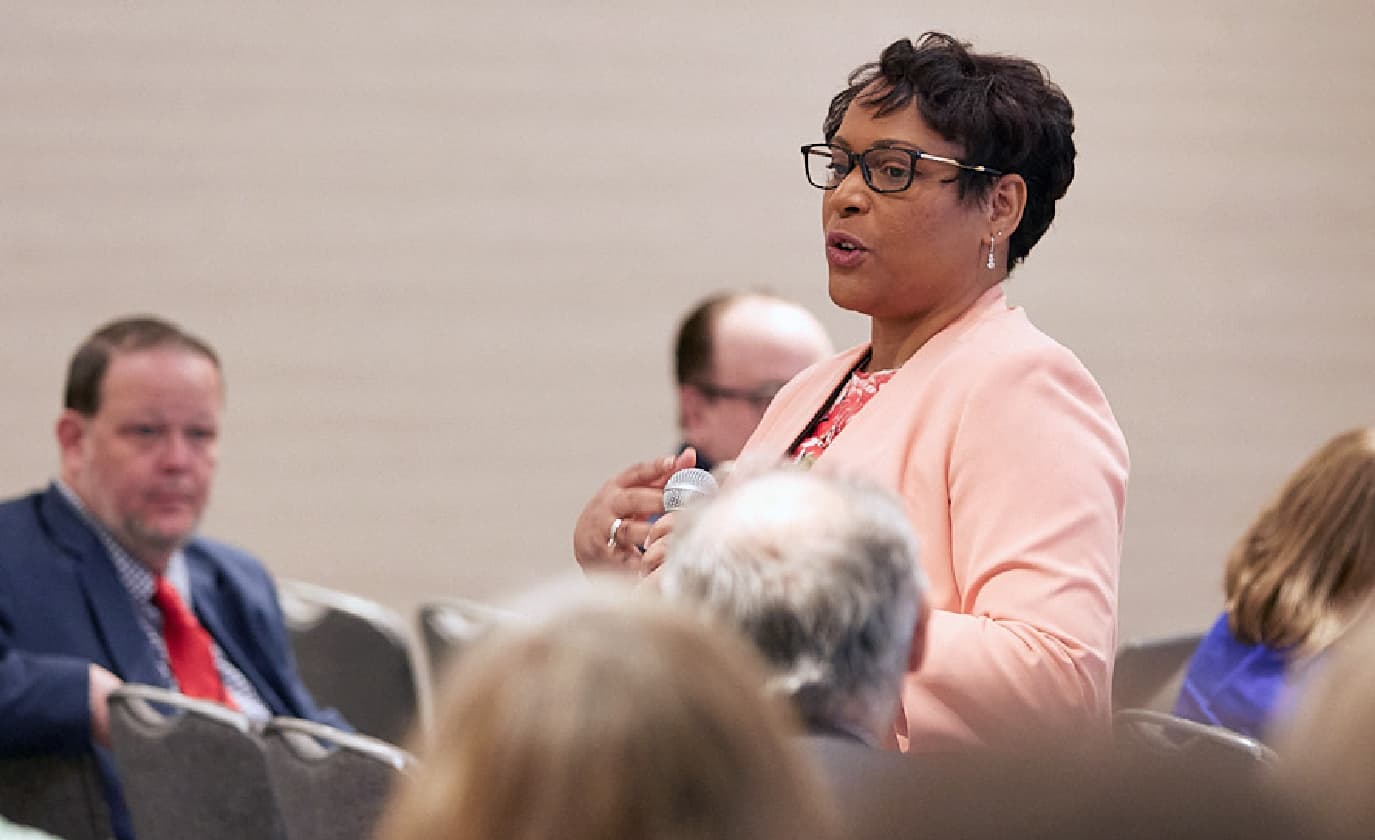The Accreditation Relationship
HLC Requirements and Policies
We partner with our member institutions and other stakeholders to define policies for quality higher education.
Accreditation Cycles and Processes
As an institutional accreditor, HLC evaluates all aspects of an institution’s offerings and operations. We do this through different types of reviews conducted by HLC staff or peer reviewers. Each review concludes with a decision-making process that prioritizes due process and transparency.
Explore HLC’s accreditation cycles and processes
Begin Your Accreditation Journey
Colleges and universities in the United States may be eligible to seek accreditation with HLC.
Status and Stipulations
An institution’s status and stipulations describe its relationship to HLC. The status indicates whether an institution is accredited or a candidate for accreditation. Stipulations describe certain approvals or limitations on an institution’s development of new programs or other activities.
Dues and Fees
HLC bills member institutions for annual dues, as well as additional fees for some evaluation processes and other activities.
People

Institutional Representatives
HLC works with institutions’ executive leaders and those who lead accreditation work on campus.

HLC Staff Liaison
An institution’s assigned HLC staff liaison is their first point of contact and primary support at HLC.

Peer Reviewers
HLC’s dedicated, volunteer peer reviewers evaluate how institutions apply our requirements on campus and provide guidance to help institutions improve.

Decision-Making Bodies
Peer reviewers and members of the public evaluate and take action on recommendations from peer reviewers and staff concerning institutional reviews.
Learning Opportunities
HLC offers in-person and virtual events, instructional guides and other resources to help institutions prepare for evaluations and pursue institutional improvement.
